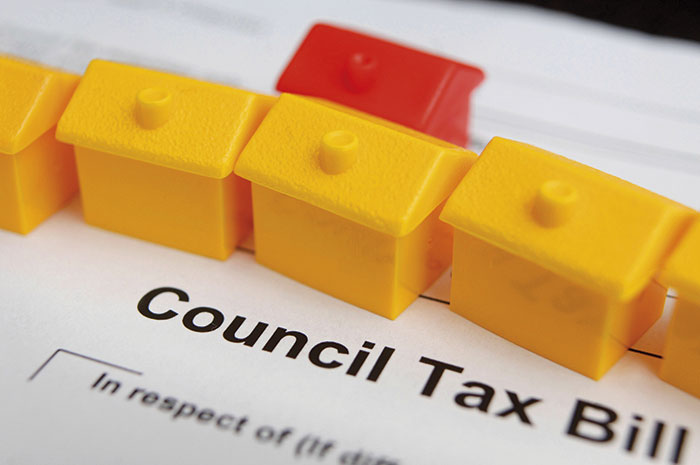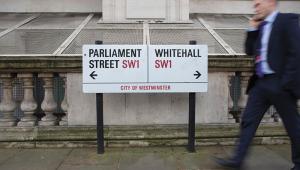
Local government has undergone a series of rapid transformations over the past decade.
Councils are facing intense pressure, slashed budgets and soaring demands, while broader societal and technological shifts take place. Services are expected to be provided online, in a new age of social media and a 24/7 news cycle. This is vastly different to even a decade ago. What has been much slower to evolve is how councils are funded – even as central funding plummets.
But change is in the air. Debate is raging around fair funding and what measures matter most in creating a balanced system. Although there seems to be unanimous support for a shift towards a simpler system – away from the 120 indicators currently used for funding allocations – there are still issues to be nailed down. The dropping of deprivation as an indicator of demand, and therefore funding, is a core concern for many authorities. Another is the age of the data used to inform these reforms, which is pulled from the 2011 UK census.
One important area where the discussion has been quieter, however, is council tax. Recently, we went out to local authorities in our annual council tax survey. For the most part, the headlines around the country were the same.
Whether you looked to the BBC, The Telegraph, or the Independent, they focused on the rise, which this year is 4.5% for Band D properties in England, and how much would be coming out of households’ pockets. But there is a wider debate to be had around whether council tax is fit for purpose in the first place. Benjamin Franklin said some 300 years ago that the only thing certain in life is death and taxes. But while for the most part we cannot choose when we pass to the next life, there is certainly opportunity to change how we might pay our tax.
'Then, council tax could be seen as progressive, with more expensive properties taxed higher. However, the valuations on which the band system is based are almost 27 years old, and with house prices rising rapidly in that time, they’re hardly reflective of reality.'
Council tax forms a core part of how local authorities are funded, and, by virtue of its transparent nature, ease of calculation and collection, has become a core pillar of funding. Yet, its history is short. In 1993, it replaced the short-lived and widely unpopular poll tax, criticised for its disproportionate effect on the poor.
Then, council tax could be seen as progressive, with more expensive properties taxed higher. However, the valuations on which the band system is based are almost 27 years old, and with house prices rising rapidly in that time, they’re hardly reflective of reality.
A key cause for concern is the uneven spread of council tax across the tax base, which exacerbates inequalities. Council tax is now viewed by most commentators as highly regressive, with increases having the greatest effect on residents least likely to be able to afford it.
If council tax is to remain viable, local authorities must have the power to set rates locally, based on up-to-date property values, and the ability to ensure a properly funded council tax support scheme to meet the needs of lowest-income residents. As it stands, the shifting of benefits and withdrawal of the council tax rebate is causing a host of issues, with some households who had in the past not been liable to council tax now either unable or unwilling to make contributions.
Recently, we released a publication laying out the many options for changes to council tax. This has come as the Institute for Fiscal Studies also steps into the fray, with its own powerful analysis on the effects of recent changes to council tax support. But whether there’ll be sufficient political will to make real changes to our tax system – ones grounded in facts rather than fantasy – remains to be seen. Every year, though, the need will grow.
As finance professionals in the public sector, we will be seeking to provide the evidence, the expertise and, above all, the insight on which a more progressive and sustainable system can be built, as it should be remembered by all that there is one other core certainty in life. Change.
Find out more on CIPFA’s website at www.cipfa.org/cipfa-thinks/insight




















